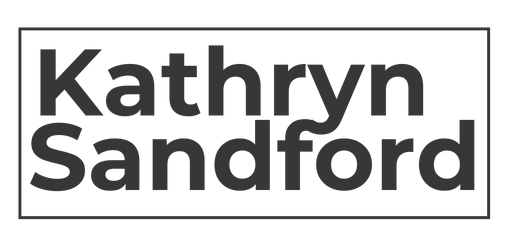Lately, I’ve noticed a concerning trend with New Zealand’s employers. Job interviews, once a platform for connection and mutual evaluation, have morphed into a mere checklist exercise. And it’s not just me observing this; countless candidates echo the sentiment.
Here’s my take: while checklists cover essential points—like flexibility, no bullying policies, diversity and inclusion, and certification—much of this is becoming lip service. Don’t get me wrong, these are all critical things. But selecting the right person for a role should go beyond mere compliance.
With our ever-growing culture of ‘busyness’, many organisations need, to take the time to reflect and truly understand what they need from a candidate. It’s like everyone’s on this relentless time-dollar clock. And I get it. In many ways, relying on a checklist is…easier.
But could there be an underlying reason for this shift? Technology, automation, and our increasing preoccupation with data might be at play here. While these tools have their merits, I’m worried we’re slowly sidelining creativity and innovative thinking in the workplace.
Hiring someone solely based on factors like them being neurodiverse or Māori doesn’t do anyone justice. We must ask more profound questions, like how this individual adds value. For instance, neurodiverse individuals often bring incredible analytical and creative skills. And let’s not forget the profound ways Tikanga Māori can shape and enhance organisational practices.
However, the disregard I’ve observed from employers truly alarms me. Candidates are left hanging, interviews get abruptly cancelled, and expectations shift without notice. This isn’t a one-sided game. Candidates have options and won’t wait around if they feel undervalued.
With our ever-growing culture of ‘busyness’, many organisations need, to take the time to reflect and truly understand what they need from a candidate. It’s like everyone’s on this relentless time-dollar clock. And I get it. In many ways, relying on a checklist is…easier.
But could there be an underlying reason for this shift? Technology, automation, and our increasing preoccupation with data might be at play here. While these tools have their merits, I’m worried we’re slowly sidelining creativity and innovative thinking in the workplace.
Hiring someone solely based on factors like them being neurodiverse or Māori doesn’t do anyone justice. We must ask more profound questions, like how this individual adds value. For instance, neurodiverse individuals often bring incredible analytical and creative skills. And let’s not forget the profound ways Tikanga Māori can shape and enhance organisational practices.
However, the disregard I’ve observed from employers truly alarms me. Candidates are left hanging, interviews get abruptly cancelled, and expectations shift without notice. This isn’t a one-sided game. Candidates have options and won’t wait around if they feel undervalued.
So, what’s the solution?


